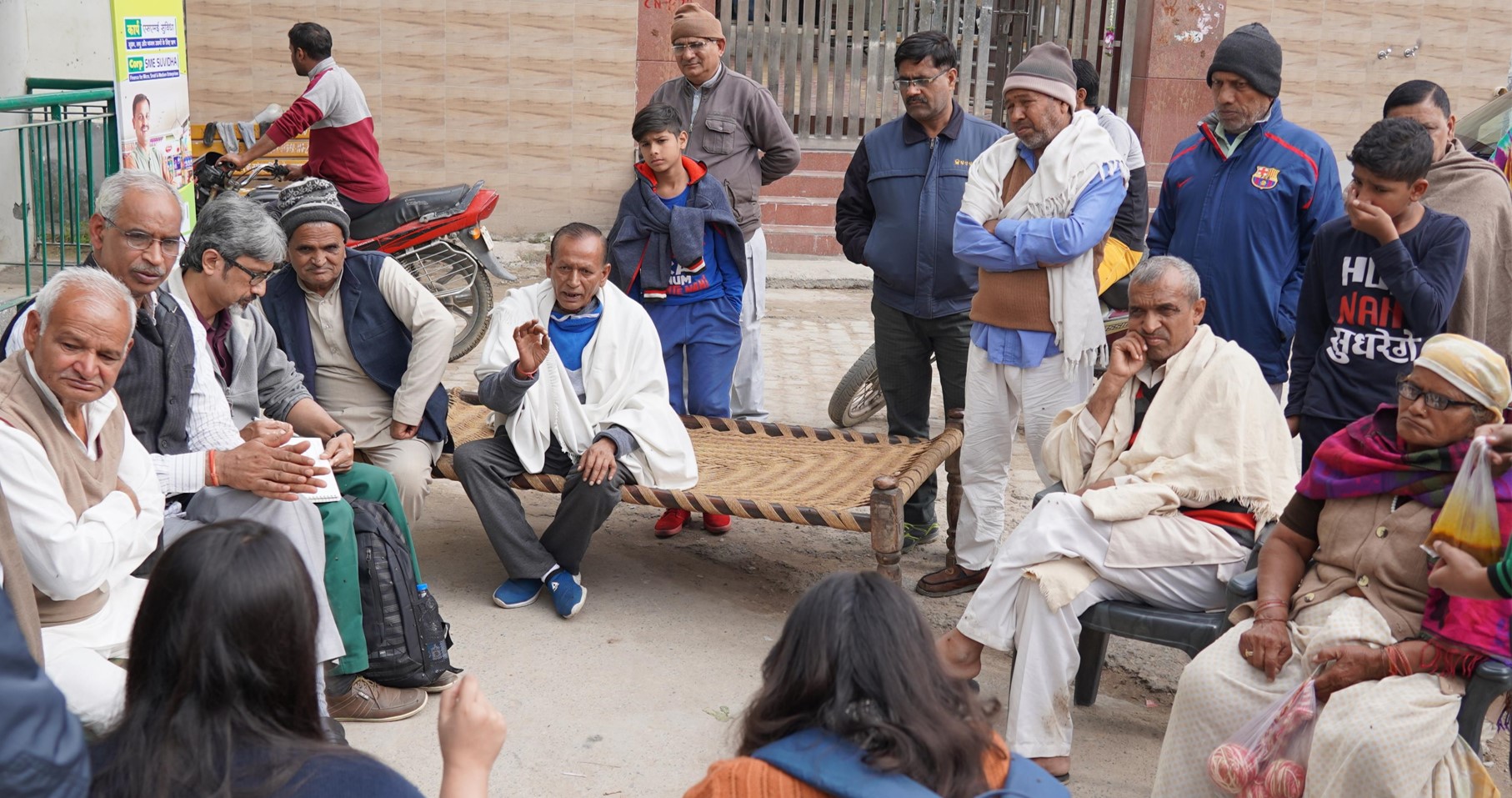
Preventing Urban Villages from Transitioning into Slums
Over the last few decades, urban villages in National Capital Territory (NCT) have witnessed significant change in their density and demography. Rapid population growth and shift in urban-rural land use share within NCT’s metropolitan region has dramatically impacted existing urban village settlements which remain underserviced but continue to densify. Today many of these urban villages are being seen as potential sites for redevelopment to fulfill the affordable housing needs in the city. In 2019 alone, 89 new villages were declared urban by the Delhi government and touted as development areas to be repurposed as affordable housing hubs.
WRI India’s project on ‘Preventing Urban Villages from Transitioning into Slums’ focused on understanding the challenges faced by urban villages in NCT and gauging ways of improving integrated planning to ensure structurally stable and liveable densification. The project was undertaken during December 2018 – December 2020, with the support of the Ford Foundation. It aimed to identify current gaps and challenges, review existing policy landscape, benchmark best practices, and undertake field-based studies to develop a development planning framework outline for urban villages in NCT.
The project’s components included an existing situation analysis, documentation of international and national case examples, on-ground study and community engagement in two urban villages in the capital- Rajokri and Ghoga as well as development of a guidance framework to address development planning for urban villages. Additionally, a panel convening was organised to bring together field experts to discuss a way forward for improving integrated planning of urban villages in NCT Delhi. Watch the full panel discussion here.
You can also learn more about the project through the following reports:
